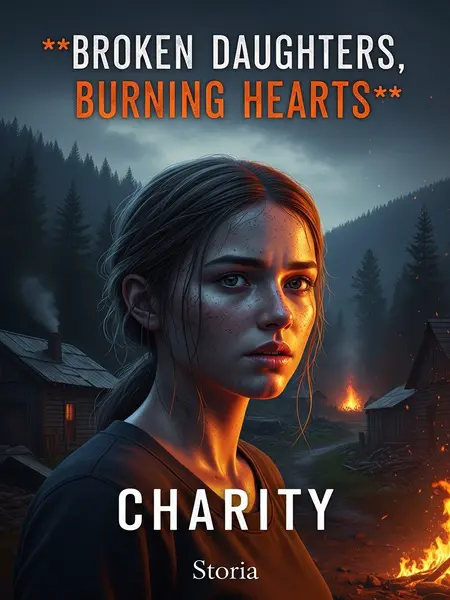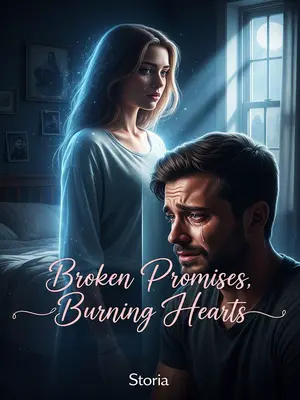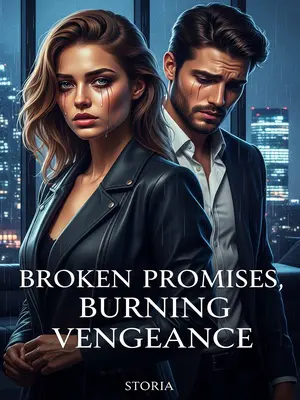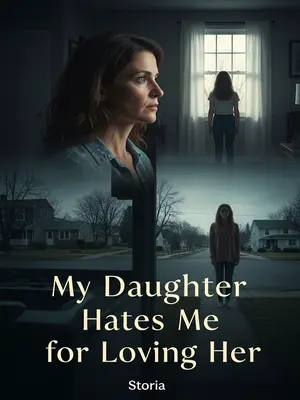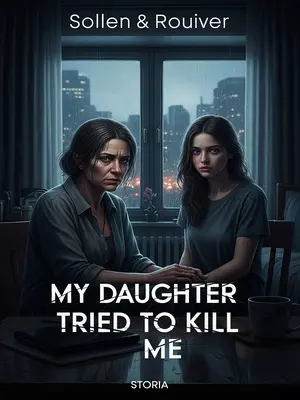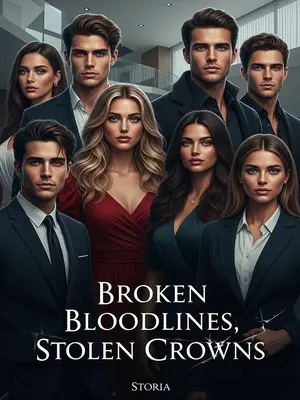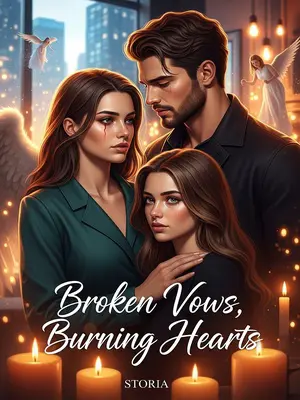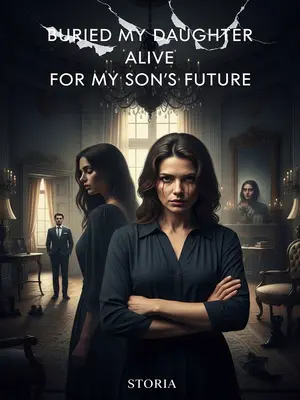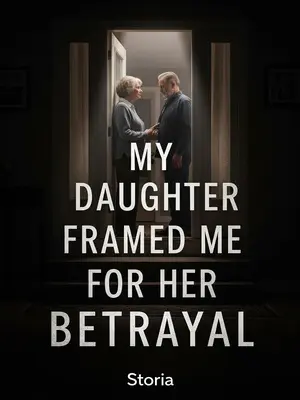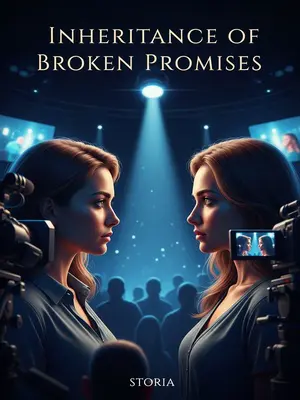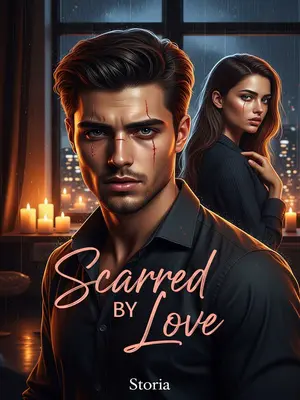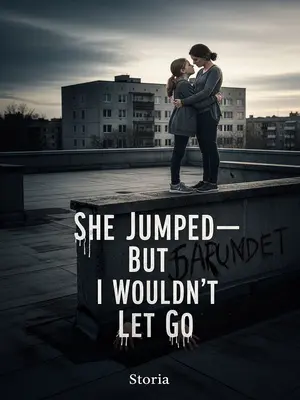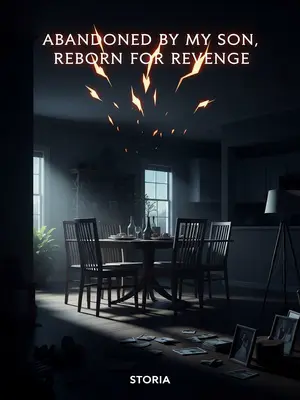Fraying Bonds: A Flicker of Hope
Quinn’s funeral was quick, barely anything. Edna said if not for the baby, there wouldn’t have been one at all. The words were ice cold.
Quinn died on the way back from giving birth in town—jumped out of the pickup, killed herself instantly. I could picture her, desperate, hopeless. She must have thought the trip to town was her only shot.
Her buyer’s family had money, so they took her to town for the birth. She must have begged everyone she saw—doctors, nurses, taxi drivers, strangers. But in a place like that, everyone knew the score. No one wanted trouble. No one helped.
She couldn’t wait. She threw herself out of the moving truck before they even got to town. That town entrance swallowed her whole.
After the funeral, I knew I had to move. I couldn’t end up like Quinn. The urgency was a living thing, breathing down my neck.
Then, finally, a break. "Sis, can you help me tie this?" Emily came to me, eyes red, clutching a Barbie doll with loose ribbons and a box beside it. "What’s wrong?" I knelt beside her, trying to sound calm.
"Dad says there are too many at home. Wants me to return it." Her voice wobbled, tears threatening. Return it? That meant a package going out.
I comforted her, tied the bow, offered to help pack it. She agreed, no suspicion. Inside, I was shaking with nerves and hope, my heart thumping so hard it hurt.
That night, I was a mess. Edna’s son barely noticed—he finished quick. I lay awake, counting hours, thinking the package would go out soon. Maybe help would come. Maybe.
But days passed. Nothing. Instead, I was locked up again. Hope drained away, replaced by a cold, heavy dread.
That afternoon, the town loudspeaker blared, "A film crew is coming tomorrow. Every household prepare to receive them." A film crew? Was it Ms. June and the others? My mind raced, trying to make sense of it.
Just when I thought I had a shot, Edna packed my things. "Where are we going?" I asked, but she just dragged me and her son toward the back woods. He said nothing, just told me to keep quiet once we got there. My hands shook as I followed.
Soon, I saw other women—trafficked, some with kids. "She’s yours now." Edna’s son handed a carton of cigarettes to the guards. The three of them grinned at each other. In the moonlight, they looked like animals trading prey. I wanted to scream.
Turns out, to keep new girls from noticing anything, they locked us all up until the deals were done. No wonder there were so few young women in town last time. Ms. June had lied—said they were picking apples on the mountain.
That night in the woods was hell. The guards picked the prettiest girls to take to the next room. The silence was broken by moans, thuds, and sobbing. Edna’s son’s cigarettes saved me from some things, but most men didn’t even care about that. Maybe to them, women were worth less than a pack of smokes.
The package I sent disappeared, and Emily didn’t have any more returns for a long time. During this period, I got pregnant. My period was late—way late. I could feel something was wrong.
I worked as usual. When I was alone in the shed, I bit down on my sleeve and slammed my lower back into a wooden post. Once wasn’t enough—I did it again, harder. Blood started, my stomach twisting with pain.
That night, I fought through the cramps, cleaned myself up, then curled up next to Edna’s son. He rolled on top of me. "Honey, something’s wrong. Stop, it hurts too much." I begged, hoping he’d let up. He didn’t care—he pinned my hands and kept going. By then, I was so weak I just gritted my teeth and waited for it to end.
The next day, the town midwife came. "The baby’s gone," she said. Edna cursed me, beating her chest, but her son pulled her away. "Mom, sorry, I didn’t know she was pregnant."
I apologized over and over, head bowed, tears streaming. But inside, I was relieved. After that, Edna’s son barely spoke, but treated me better. Only the two of us knew what really happened. I lost face, but I gained something else—time.
When my body healed, I started searching for a new way out. For two years, I thought I’d been obedient enough, but the whole town still watched me like a hawk. I couldn’t get near anything dangerous or anything that might connect me to the outside world.
I’d thought about grabbing a knife or setting a fire, but I was scared I’d be killed before I could do anything. They’d seen too many desperate women—they knew survival instincts better than I did. Now I understood why so many women went mad or died there, never getting out.
One morning, as I watered the yard, Edna’s son rushed in, threw me over his shoulder, and hauled me to the shed. "What are you doing?" I yelled, struggling. "Charity, be good, just bear it for a while." He tied me up in a quilt, then tied the quilt to a post, stacking firewood in front of me. My arms ached, and I couldn’t move.
I thought the film crew had come again, but after a while, I heard my mother’s voice. At first, I thought I was dreaming. But through the crack in the shed door, I saw her come into the yard with the police. I tried to spit out the tape over my mouth, but it was wrapped tight. I screamed, but nothing came out. I watched the door open and close. She was right there—three yards away. But her swollen eyes never saw me.
Soon, the police car left, and I was untied. Edna packed up some food. I knew we’d be sent to the mountain shack again. By then, I’d given up. If even the police and my own mother couldn’t save me, who could?
As night fell, Edna’s son was about to drag me to the shack when someone outside shouted, "Fire!" The quiet town exploded into chaos. I could see flames at the manager’s house.
"Mom, watch her." Edna’s son threw on his clothes and ran out. I grabbed my coat, and Edna sat beside me, eyes wild. I thought about trying to overpower her, but then I saw flames at my own door. The shed where I’d been locked up was the first to catch fire—full of dry wood, burning fast.
Edna tried to scoop water, but it was useless. She clung to me, scared I’d run in the confusion. As the fire grew, I shouted, "It’s hopeless, let’s go!" She finally got it, and we grabbed valuables and bolted for the back door.
As we stepped outside, there was a loud thud, and Edna went down. "Who’s there?" I backed away, heart racing. In the firelight and moonlight, I saw my mother’s face—tear-streaked, desperate. "Mom." I grabbed her and held on tight.
"Child, run." She was ready. She pulled me toward the woods east of town. There was only one road out—six miles to the highway, cliffs everywhere else. The woods were for cutting firewood, with narrow paths. The fire was huge, most men were gone. Soon, they’d be searching for us.
"Mom, we can’t escape." I gripped her hand so tight my knuckles hurt. I was terrified of letting go, terrified of what would happen if I did. "Listen, the police are getting reinforcements. Today they just came to scout." She touched my cheek, her voice thick with emotion. "I saw you right away today. You’re my daughter. But I couldn’t say anything—the police said not to react, even if I recognized you."
I remembered that afternoon. Over a hundred townsfolk, only three police. If they tipped anyone off, next time they came, I’d be dead. "Why didn’t you leave with them?" I blurted, suddenly realizing how much she was risking.
"I couldn’t rest, afraid they’d tie you up all night." At that, I broke down, hugging her, sobbing so hard I couldn’t breathe. I’d spent two years thinking my mother didn’t love me, wishing for police rescue, but never daring to hope she’d come herself.
But now, seeing her, all the old memories came back. When I was four and my brother was born, Grandma said, "Your sister will earn money for you. Two sisters, double the luck." Mom smiled, but quietly pushed me outside.
When I was ten, my sister was born. Dad and Mom talked about giving her away, but Mom cried, "It’s fine, Charity is older now, she can help. We’ll manage." She sold her last bracelet to keep my sister.
At sixteen, I had to drop out of school because we couldn’t afford three kids in class. I lost it—threw clean laundry in the mud, and Mom slapped me. Then she washed the clothes again, her hands raw and red.
At seventeen, I ran away from an arranged marriage to work in a plastics plant. Mom found me and made me promise to send money home every month. Only later did I learn the family had been threatened by the groom’s people.
She was full of contradictions—old beliefs but still trying to protect us all. But she didn’t see that favoring sons was the root of everything. Even if she suffered her whole life, she couldn’t fix my broken childhood or heal my wounds.
But right now, none of that mattered. I had no idea how many wrong turns she took to find me. She learned to use the media, got news crews to come with cameras and city police, so fast the town couldn’t warn anyone. After going back with the police, she couldn’t rest, bought whiskey, begged the reporters, finally got them to take her to the highway. She crept along the cornfield, sneaking in at night to set the fire. I couldn’t believe it.
The fire was finally put out, but by then they knew I’d escaped. Soon, I saw flashlights in the woods. Mom and I walked deeper, but it was pitch black, and we got lost fast.
As if things couldn’t get worse, we tried to rest, but birds burst out of the trees, wings flapping like alarms. I knew we were in trouble. "There they are." Voices echoed in the dark.
Mom didn’t hesitate—she handed me her bag. "Charity, stay here. Don’t move." I grabbed her, shaking my head, terrified. "Be good. They’re looking for you. I’ll be fine." She pried my fingers off, one by one, then ran. I’d never seen her move so fast. The townsfolk chased after her, and everything went silent.
I don’t know how long I waited. The sky finally lightened, and I heard sirens in the distance. I was saved! But I didn’t dare move or make a sound. I crept around the town, through cornfields taller than me. Last night, Mom described the route, and every so often, I found a strip of cloth tied as a marker. I touched one—it was the first scarf I ever bought her. She said it was a waste, never wore it, but now, those torn strips were my lifeline. I retied each one, hoping she could follow. I stumbled on, legs shaking.
Finally, I saw police lights flashing. Just as I was about to wave, I spotted the town manager. He handed a package to the driver, and they grinned at each other. My blood ran cold. The manager and his men stood on high ground, sun rising behind them, the light so bright I had to squint.
"If you escape, only report it when you reach the city. There’s a news hotline in the bag." Mom had told me everything last night. At first, I didn’t get it, but now it hit me like a slap. The earlier police and townsfolk were in it together. When Mom came back, she said she saw her daughter, and the media forced them to return. If I hadn’t escaped, I’d be locked up again, and the raid would fail. No evidence, no story. More women would suffer.
I crouched in the cornfield, too scared to even cry. Later, I followed the path for what felt like forever, finally reaching the highway.
At the police station, I told them everything. Because I was a direct victim and the media was watching, the police raided the town fast. But they never found my mother. The townsfolk said they chased her for a long way, but saw nothing.
"Impossible. There’s only one road out. The way my mom went, there’s no path." I begged the police to search again, even to dredge the river. Months dragged by. Still nothing. I kept thinking, If I hadn’t been so scared, if I’d run after her, would things be different?
When I got home, my father didn’t say a word—just hugged me for the first time in my life. I clung to him, shaking. For a long time after, I dreamed of my mother—her walking out of the flames, telling me she loved me. I woke up crying more nights than I can count.
Now, I have a child of my own, and I finally get it. Sometimes love is the only thing that keeps us going. If a life could be traded for another, then heaven must be overflowing with mothers. That’s the truth. It’s the only thing I know for sure.
